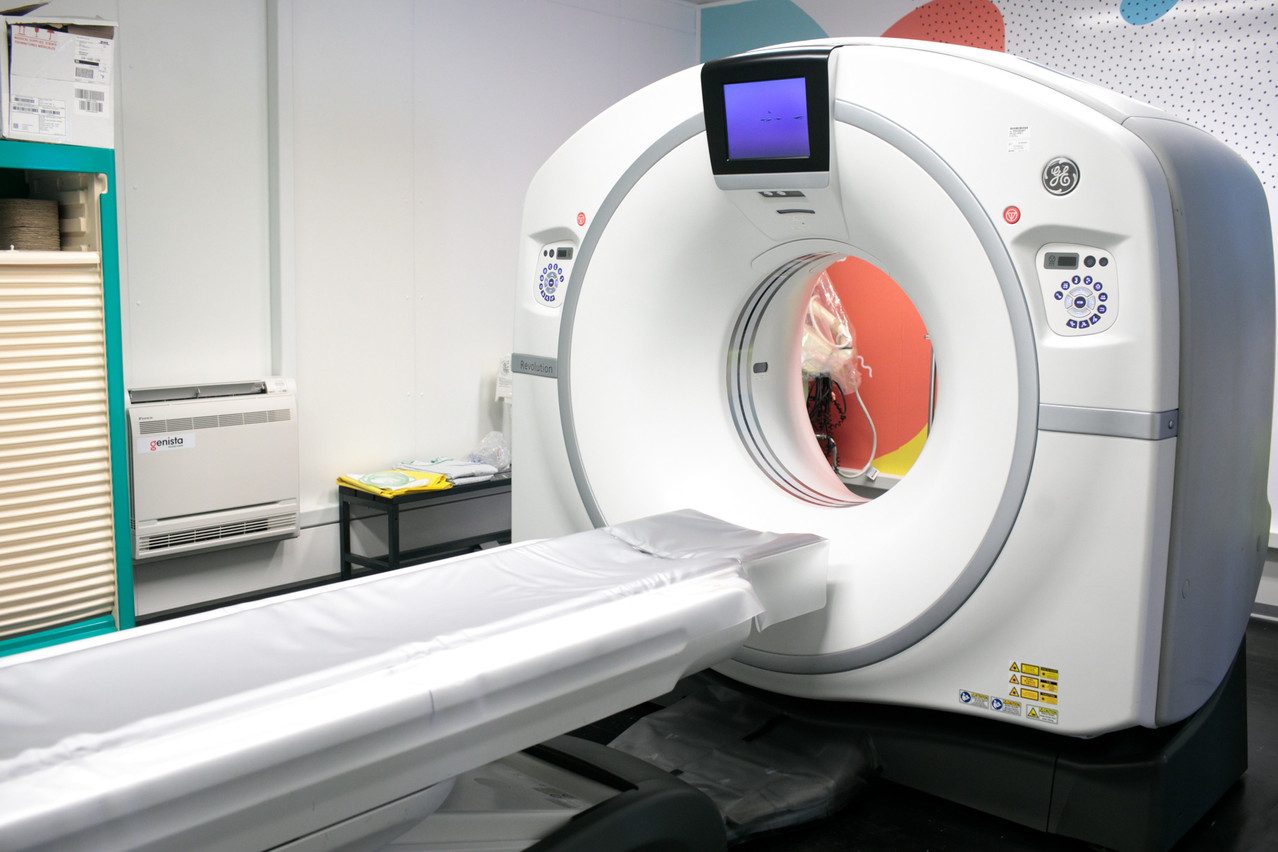The Centre medical Potaaschbierg (CMP) will open on 20 April, the mayor of Grevenmacher, Léon Gloden (CSV), confirmed in a statement on Tuesday.
“After more than 20 years, we’ve finally reached our goal,” Gloden said. The medical centre aims to help provide more care options for people living in the east of Luxembourg, which does not have a hospital of its own.
Luxembourg’s hospitals are located in the capital, Ettelbruck in the north and Esch-sur-Alzette in the south.
The new medical centre hosts a computer tomography (CT) scanner and a magnetic resonance imaging (MRI) machine in addition to conventional X-ray technology in a bid to offer these services closer to patients living in the east of the country and alleviate patient load at hospitals.
But the MRI machine is a bone of contention between the commune and the health ministry. A first request for a licence in 2017 was denied and only granted in 2020 after a Luxembourg court ruled that laws forbidding doctor’s offices from operating radiology equipment are unconstitutional.
CNS reimbursement
Even though the ministry granted the licence, health minister Paulette Lenert (LSAP) reportedly pushed for a delay for the centre to open as recently as last month.
The centre will now start welcoming patients, but questions remain. The national health fund (CNS) currently only reimburses scans made at a Luxembourg hospital. Patients receive €150 for a scan carried out abroad, with some patients choosing destinations in the greater region because of long wait times in Luxembourg.
But the reimbursement of scans made at the Grevenmacher medical centre isn’t yet regulated. “The government now has the duty to arrange for patients to have the services of such a specialist medical centre reimbursed in full by the CNS as quickly as possible,” Gloden’s party, the CSV, said in a press release.
Luxembourg in 2018 bought four additional MRI scanners to help reduce wait times, which were up to six months for the seven scanners operational, with 45,000 scans done per year.
The 2018-2023 coalition agreement includes plans for more ambulatory care and the de-centralisation of diagnostics and treatments away from hospitals. But debates around how to organise this--for example through independent offices like the Grevenmacher medical centre or hospital affiliated structures--have yet to conclude.
The health ministry had spoken out in favour of a coordinated country-wide plan to organise ambulatory care.
